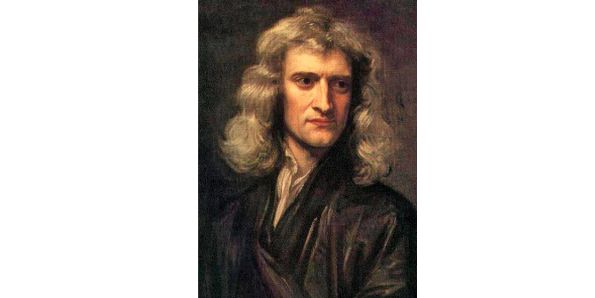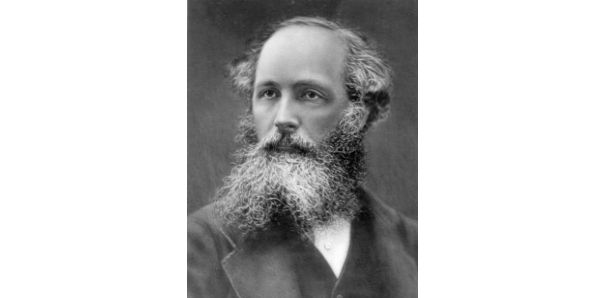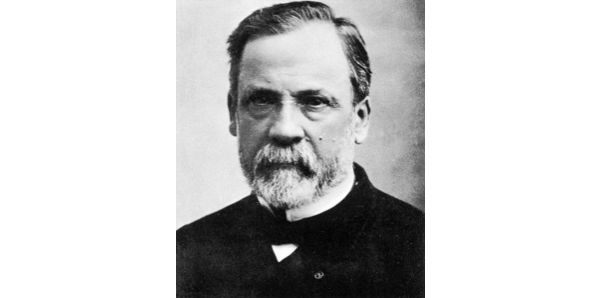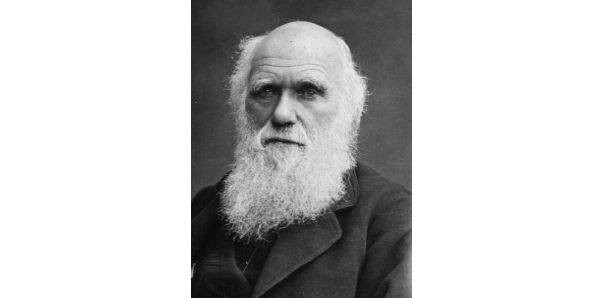| Online: | |
| Visits: | |
| Stories: |
Top 10 World’s Greatest Scientists of all Time
Our understanding of the world around us and the world that we have come to inhabit, the technological era, is a gift of the work of numerous scientists. We live in a progressive world, one that is fast growing, and this growth and progression is a product of science and those of study it: scientists. Almost everything of importance, automobiles, electricity, healthcare, and learning is a result of experiments, inventions and discoveries of these intellectuals. Had it not been for them we would still be in the Dark Ages. We literally owe our lives to them. It is hard to imagine a world without the benefits we have come to take for granted. Though scientific expertise is hard to come by and requires years of training and hard work, there is no denying the significance of these scientists in our lives. There is much to learn from them, from their single minded, focussed determination in the face of disbelievers, they serve a lesson in life. These are ten of the world’s greatest scientists whose inventions have changed the course of our lives.
1. Isaac Newton (1642-1727)
Sir Isaac Newton, an English physicist and mathematician, is widely regarded as one of the greatest scientists of all time. Newton’s contribution to science is wide and unparalleled. His field of work such as the laws of motion is still being followed in schools and colleges as the basis of scientific understanding. His genius can be gauged from the fact that he discovered gravity from the simple act of an apple falling from the tree. Newton also validated the heliocentric model of the cosmos, built the first telescope, formulated empirical law of cooling and studied the speed of sound. As a mathematician Newton contributed to infinitesimal calculus, power series, binomial theorem and method for approximation of roots of a function.
2. Albert Einstein (1879-1955)
Albert Einstein, a German-born theoretical physicist, was awarded the Nobel Prize in 1921 for the discovery of the law of photoelectric effect. But his most important piece of work is the theory of relativity which along with quantum mechanics forms the basis for modern physics. He also formulated mass-energy equivalence relation E=m which is dubbed as the world’s most famous equation. He also collaborated with other scientists on works such as the Bose-Einstein statistics. Einstein’s letter to President Roosevelt in 1939, alerting him of possible nuclear weapons, is supposed to be a key stimulus in the development of the atomic bomb by the USA. Einstein considers this to be the biggest mistake of his life.
3. James Clerk Maxwell (1831-1879)
Maxwell, a Scottish Mathematical physicist, introduced the concept of electromagnetic field through a set of equations. He showed that light and electromagnetic field travel at the same speed. In 1861, Maxwell took the first colour photograph after studies in the field of optics and colour vision. Maxwell’s work on thermodynamics and kinetic theory also helped other scientists in the field. The Maxwell-Boltzmann distribution is the result one such development. His contributions to physics laid the foundation for future research, such as those in relativity and quantum mechanics and put him the league of prominent physicists.
4. Louis Pasteur (1822-1895)
Louis Pasteur, French chemist and microbiologist, is the man behind the process of pasteurization, the reason why we are able to drink milk without breeding cows. Pasteur made discoveries in vaccination and created vaccines for rabies and anthrax. He also studied the causes and prevention of diseases, thus saving many lives. He contributed to the germ theory of disease and its application in clinical medicine. All of this led to Pasteur being titled the “father of microbiology”. Pasteur’s discoveries in the field of chemistry include those on asymmetry of crystals and racemisation. He established the Pasteur institute to further his goal of research and application of science.
5. Charles Darwin (1809-1882)
Charles Darwin has been described as one of the most influential figures in human history. Darwin, an English naturalist and zoologist, pioneered evolutionary theory and evolutionism. He provided the basis for the understanding of the origin of human life. He explained that all life has descended from common ancestors and that evolution has taken place through a process called natural selection. This is the dominant scientific explanation of diversity of life.
Related Posts:
Source: http://top-10-list.org/2014/06/02/top-10-worlds-greatest-scientists-of-all-time/











Nice list keep it up….
Awesome list of great scientist, We always remember our great scientist. Thanks for such an article.
http://www.allupdates24.com